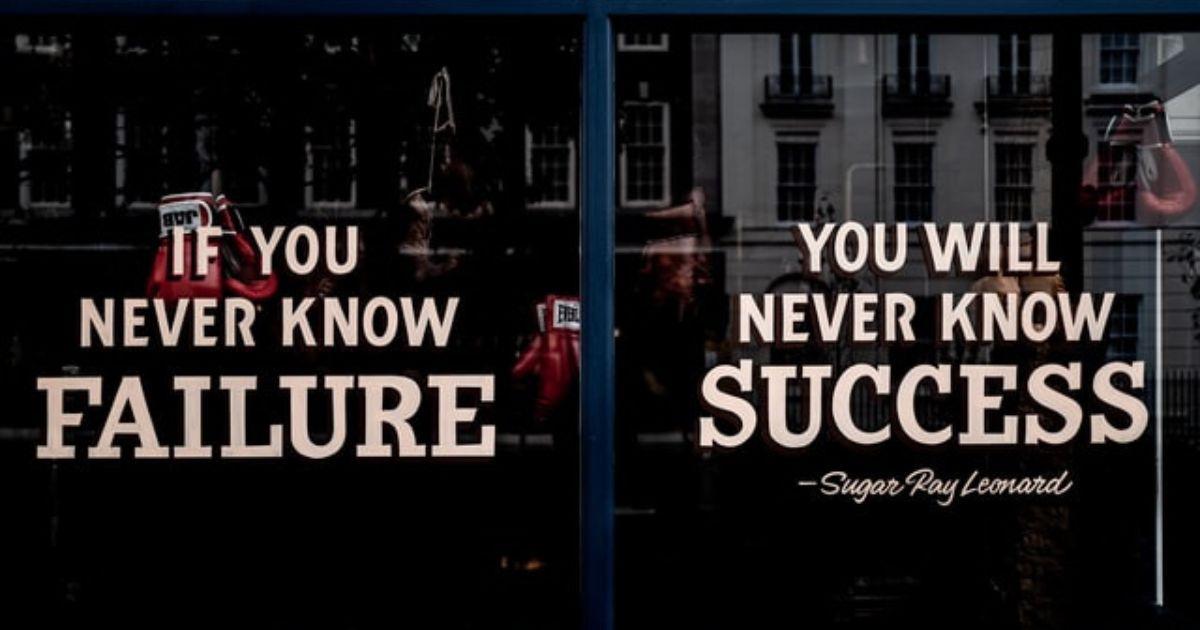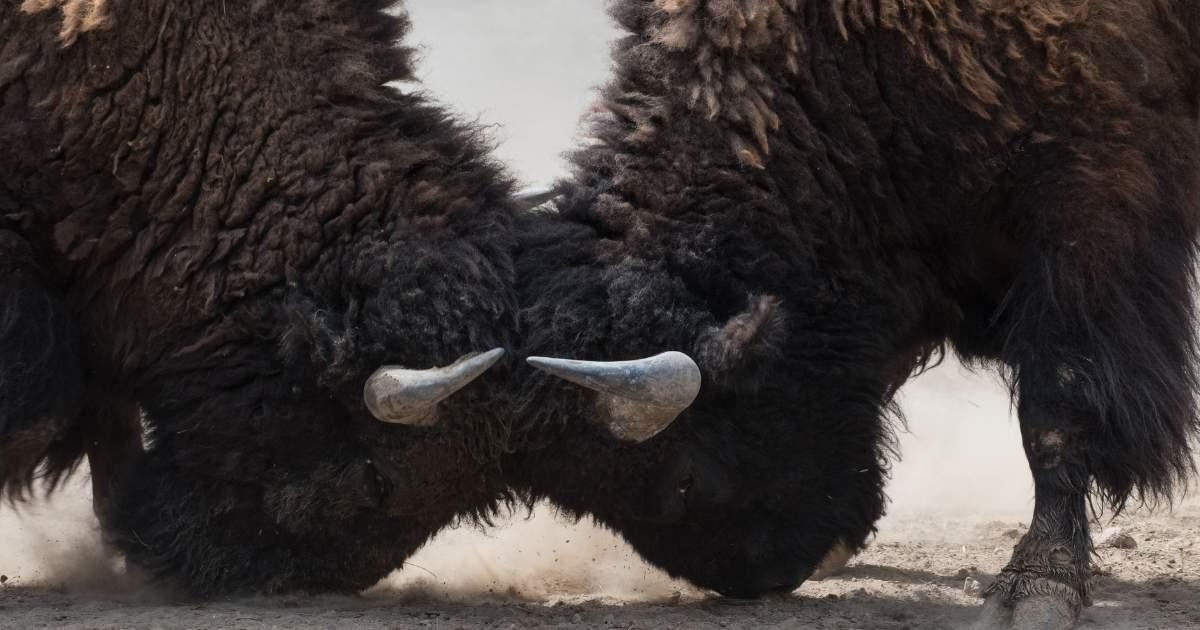
The debate over sales hunters vs farmers and which one is better for your business has been going on forever. We’ve all watched movies where the strong-armed salesperson brings in a huge amount of clients or money, making everybody rich beyond their wildest dreams.
Of course, the conclusion is usually that everything comes crashing down for one reason or another. But that’s just in the movies, right?
Those stop-at-nothing salespeople, the ones with the hunter sales persona, always get the starring role—all the attention. And the farmers sit in the background.
But is that really what you want for your business? Would a smooth-talking hunter who closes every client they meet (regardless of their qualifications) actually improve your company?
In reality, the answer is probably ‘no.’ Candidly, the hunters vs farmers sales model is antiquated, and we should shelve it for good.
Before we explain why, let’s consider what it means to be a sales hunter versus a farmer.

The Hunter
Hunters have long been thought of as the backbone of the sales industry.
They typically have the drive, independence, and initiative to find and close as many deals as possible in the quickest amount of time. While they can bring in large amounts of business, there are some drawbacks.
Culture
When hunters join a company, the culture doesn’t always matter much to them. They are there to do their job to the best of their ability. They tend to be more independent and less team-driven.
This can be a problem when you’ve invested time to build a robust and inclusive culture for your company or team. You’ve developed values that everybody shares. When you bring somebody in who isn’t swayed by your values and culture, it can start tearing down the foundation you’ve created.
Target Market
Like with your culture and values, you’ve built an ideal target market—the right clients who will bring lasting and meaningful business relationships that are a perfect fit for both sides.
But a hunter’s motivation is to close as many clients as possible, no matter what. Their endgame rarely aligns with yours. They don’t care whether or not the client is the right fit for you or vice versa. This is where the stereotype of the salesperson who over-promises and under-delivers comes from.
When the backend of the business has to deal with a client they aren’t able to help, you might not be able to meet expectations, and you could start to develop a bad reputation.
Loyalty
The bottom line is that when money is a salesperson’s number one motivator, there’s a good chance they won’t develop much dedication to your business. This isn’t always true, but it’s pretty common. Someone who doesn’t value a company’s culture has no reason to stay if a better, more lucrative opportunity arises.

The Farmer
The people with a farmer sales persona might be almost completely opposite from hunters.
They are relationship-driven, loyal, detail-oriented, and strive to work with the team. Farmers are typically best at cultivating relationships with their clients, which is vital for growing your business for years to come. Equally important, most of them enjoy collaborating with the team to find the best way of taking care of current customers and developing new business from them.
However, if you’re in a churn-and-burn style business, gaining tons of new business isn’t their strong suit.
Networking
We all know how important networking can be for gaining new business. It’s important for building referrals, finding new prospects, and developing relationships with potential business partners.
But networking isn’t always easy for farmers. While they can be great at gaining loyalty, talking to many people to quickly accumulate as much information and business as possible isn’t going to be comfortable for them. They take their time. They like to communicate and listen in a more one-on-one setting.
Independence
Because farmers primarily act as part of the team, they don’t always have the autonomy to go out and make things happen independently. While it’s probably not a fair assessment, they are stereotypically seen as followers, not leaders.
This can be great for the culture and camaraderie of your team, but it might not work if you’re looking for people to grow their business independently.
Low-Pressure
Because they would prefer to be farming sales, or nurturing client relationships and building trust, their low-pressure nature can make sales conversations more difficult for them.
They might not feel comfortable asking the more challenging questions that help uncover a prospect’s true pains or needs. Or they might miss important qualifying factors such as budget or expectations.
Fortunately, these things can be learned and practiced, especially when they realize it’s in the prospect’s best interest for future customer success. But many business owners still don’t hire salespeople who exhibit a farmer sales persona.
Sales Hunters vs Farmers: Which is More Important to Your Business?
If you’ve ever taken a DISC assessment, you know that you have strengths and challenges, some of which intersect with different personality types. It’s not common to have only one personality type with absolutely zero traits of any other kind.
Therefore, sales personas are rarely black and white, and very few people are pure hunters or farmers. So, it’s time for this sales model to be put to rest.
Most businesses and sales teams need people who have traits of both—those who love to go out, network, and find prospects, but then they are also great at cultivating the relationship after the deal closes.
At the end of the day, you’re not hiring traits. You’re hiring people.
So, you shouldn’t focus on finding hunters or farmers. Learning how to motivate the people on your team is way more important!
Instead of comparing sales hunters vs farmers, try motivating salespeople to be both!
The real reason that managers or owners tend to seek out hunters is that they are easy to motivate. Their motivator is money, and they’ll work as hard as they need to for more. They don’t need coaching, nurturing, or pushing. They just go out and make money.
And for some industries, that works really well.
But sales culture is changing. The relationship between client and business is growing, so those farming traits are more important than ever.
For most businesses, the secret to success is finding a way to motivate your sales team to bring in the kind of money a hunter would make while maintaining long-term relationships with clients.
Pure hunters aren’t that common anyway, and the business they bring in might not be the business you’re really looking for in your company.
Your best bet for a successful salespeople team is to stop thinking in terms of hunting or farming sales. Instead, hire great salespeople who know how to do both. Or, focus on the sales team you already have. Teach and motivate them to learn how to hunt for qualified prospects and nurture great relationships with clients so they can fill the best of both roles.
Are you stuck on the sales farmer vs hunter debate?
Or do you need help hiring or training salespeople? Let’s talk.
Top Photo by Ruthson Zimmerman on Unsplash








